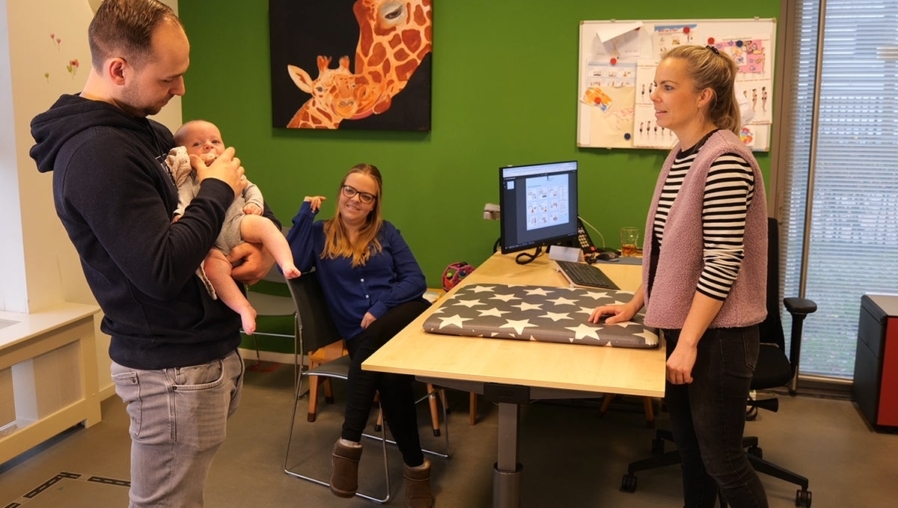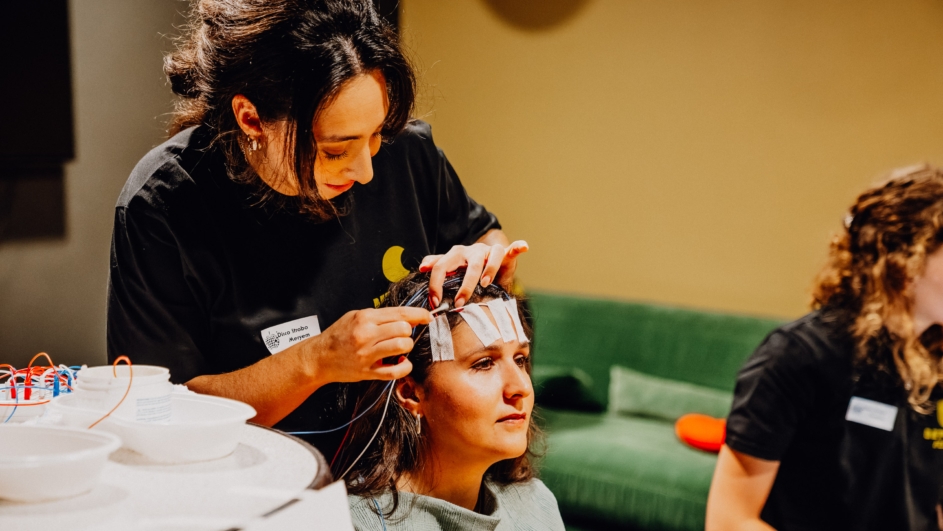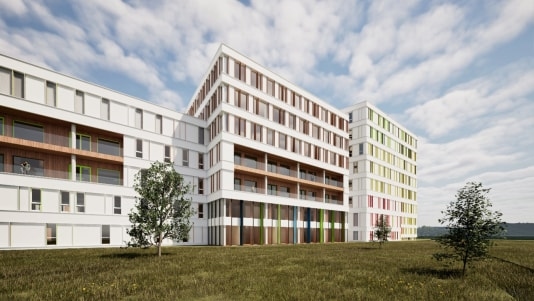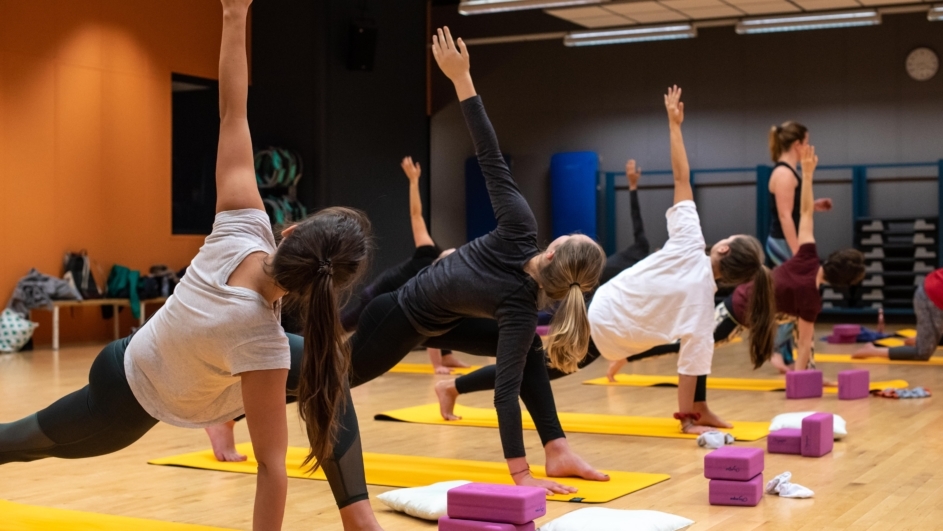Young children with RS virus more likely to see general practitioner

A child coughing, suffering from rhinitis and shortness of breath? One third of children younger than 5 years who visit their GP with acute respiratory symptoms during the winter season test positive for the RS virus. This is according to the RSV ComNet study by Sarah Hak and team from UMC Utrecht, Nivel and RIVM, in collaboration with international partners, published in the Lancet Respiratory Medicine.
The study mapped the burden of disease of young children with RS virus infection in GPs. This burden of disease included disease progression, healthcare use and social impact, e.g. work absenteeism of parents or carers.
3414 children participated in the study, which took place in five European countries: Netherlands, Belgium, England, Spain and Italy. Of the participants, 331 children and their parents were from the Netherlands. Children with such an RS virus infection are sick for an average of 12 days and visit the GP an average of 2.4 times for this. Interestingly, the percentage of hospital admissions due to RS virus infections differs greatly between countries: in the Netherlands, 4% of children were admitted after the GP visit, while in Belgium it was as high as 44%.
Care utilisation for RS virus infections in young children differs between countries
Although the disease course of RS virus infection was similar between children, there were significant differences in healthcare utilisation. Children in the Netherlands visited the GP an average of 1.4 times, while in Spain it was 3.0 times. In addition, there were marked differences in medication prescribed by the GP because of the RS virus infection. In the Netherlands, 19% of children were prescribed antibiotics but not corticosteroids. In Italy, 32% of children were prescribed antibiotics. In both Italy and Spain, relatively high numbers of inhaled corticosteroids (25% and 9%, respectively) and oral corticosteroids (18% and 14%) were prescribed.
Infants were hospitalised more often (20.3%) than children aged between 1 and 5 years (6.7%). However, the duration of illness was similar. Babies with RS virus infections visited GPs an average of 2.7 times, slightly more often than children aged 1-5 years (2.1 times). Interestingly, GPs in Europe were more likely to prescribe medication to children aged 1-5 years (62%) than to babies (50%).
Parental absenteeism due to caring for their child
The survey shows that the impact of an RS virus infection is not limited to the sick child. Almost half of the parents (46%) reported taking at least one day off work to care for their child.
Prevention
From autumn 2025, a preventive antibody ‘nirsevimab’ will be added to the National Vaccination Programme in the Netherlands. This will allow babies to be protected against the RS virus during their first winter season. No preventive agent or vaccination is available for children aged 1-5 years. The RSV ComNet study is the first international study on the disease burden of RS virus infections in general practice. The study was funded by Sanofi and AstraZeneca.
Read de publication.

Betweter Festival during Utrecht Science Week 2026: your idea for an experiment is welcome!
Utrecht Science Week kicks off this year on Friday, September 25th. The Betweter Festival at Tivoli Vredenburg is the ever-popular opening night event. This year marks the tenth edition of the Betweter Festival. This art and science festival, where visitors immerse themselves in a unique mix of talks, music, film, interactive installations, and live research, is inviting participants to submit ideas for experiments during the festival.

Princess Máxima Center to expand with innovation wing thanks to partnership between the Foundation and Rabobank
The Princess Máxima Center for pediatric oncology will be able to start expanding the center later this year with a five thousand square meter innovation wing. This has been made possible by a multi-year strategic partnership between the Princess Máxima Center Foundation and Rabobank. The new innovation wing will provide space for pioneering research, innovation in care, and collaboration programs. This expansion supports the development of better and more effective treatments for children with cancer.

New Year’s promotion: all-in sports with a generous discount at Sportcentrum Olympos
Employees of Utrecht University, Utrecht University of Applied Sciences (HU), UMCU, Hubrecht Institute and Westerdijk Institute can temporarily enjoy an extra 20% discount on all-in sports at Olympos!

Wennink plan: Life Sciences and biotechnology are important growth drivers for the earning capacity of the Netherlands
The Dutch Life Sciences and biotechnology sector can make a much larger contribution to the Netherlands’ economic strength. This is shown in a new growth strategy presented today as part of Peter Wennink’s advisory report. The report also highlights Utrecht Science Park as one of the key innovation locations and sources of progress and growth.